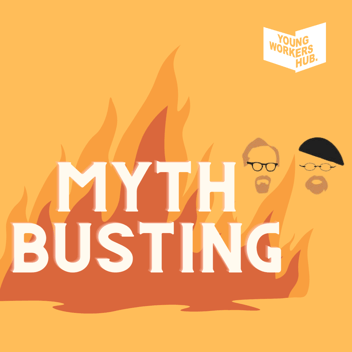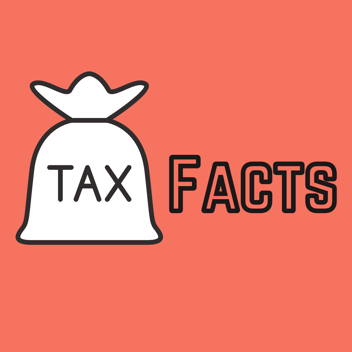3 Quick Ways to Identify Wage Theft
So, you've heard that 1 in 5 young workers will experience wage theft and want to know if it's happening to you. You've come to the right place.
1. Are you getting payslips?If you are not getting payslips, it can be very difficult to determine if your wages are being stolen. It's your legal right to get a payslip within 24 hours of being paid.
The payslip should include the amount of hours you've worked in the pay period, and your pay rate; including your base rate, any overtime, and penalty rates.
If your work isn't giving you a payslip and you don't feel comfortable asking them about it, get in touch with us.
2. Have you checked the award or agreement?
One of the most common forms of wage theft occurs when allowances or conditions in the award are not applied correctly. What does that mean? If, for example, you are 18 years old and asked to start serving alcohol, congratulations, you should now be paid the full adult rates for your level– instead of the junior rates you were probably on before.
Other allowances that may be in your award or agreement:
- Uniform / Laundry
- Travel / Fuel
- Meal
- Risky or Undesirable work
- Tools
- First Aid
You can find your award by going through the Fair Work's tool here.
Or, search for your agreement here.
Still confused? Get in touch with us and we can help.
3. Have you spoken with your workmates?One of the easiest ways you can vibe-check your job is to have a quiet word with your coworkers. Are you getting the same rate of pay for doing the exact same job? Does the boss try to get out of paying overtime? If you chat to someone who has been working there for a while, they can probably tell you exactly what kind of workplace it is.
If something seems sus, it's probably because it is.
Pay secrecy clauses are now illegal, so your boss can't tell you that you are not allowed to discuss your pay and conditions.
Still not sure? Send us an email, leave a comment or give us a ring on 0448681116.



